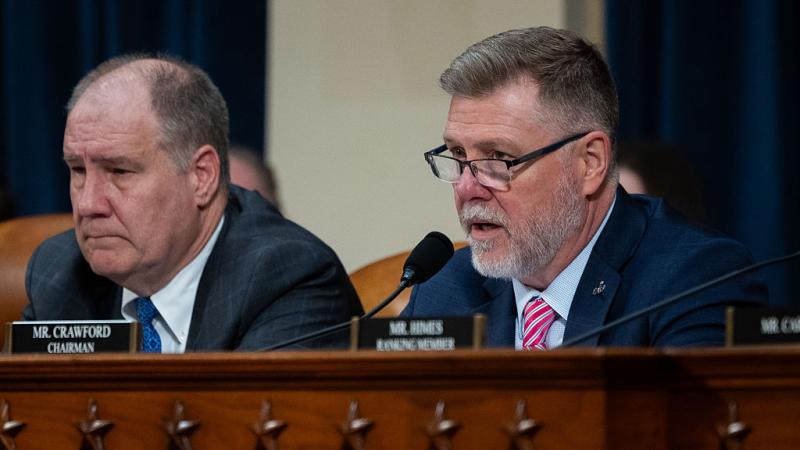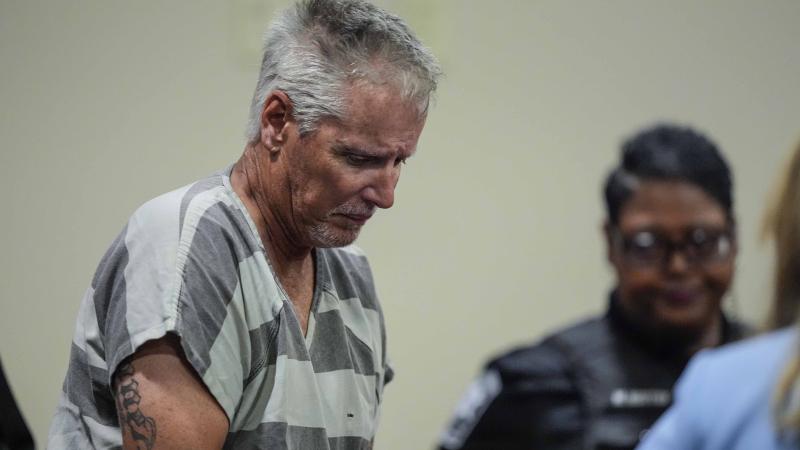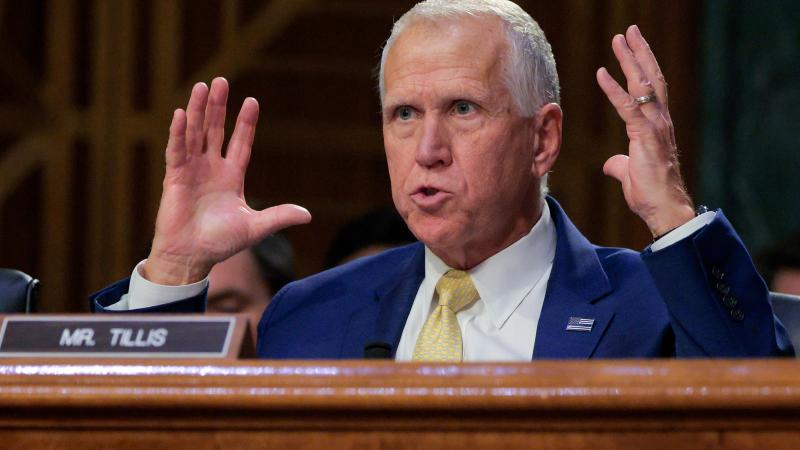Louisiana residents voice concerns over carbon capture project
Residents around the lake, local government officials, attorneys and others highlighted numerous concerns, from environmental risks to declining property values, to a lack of transparency, to issues with mineral and landowner rights.
(The Center Square) — Scores of Louisiana landowners weighed in on the state’s emerging carbon capture industry on Wednesday, with not one in favor of the controversial projects.
Much of the testimony before the Task Force on Local Impacts of Carbon Capture and Sequestration centered on an ongoing project on Lake Maurepas that developer Air Products describes as "the world’s largest permanent carbon dioxide endeavor to date," which was approved by the state and boosted by millions in taxpayer-funded business incentives.
Residents around the lake, local government officials, attorneys and others highlighted numerous concerns, from environmental risks to declining property values, to a lack of transparency, to issues with mineral and landowner rights.
"Air Product got involved in our local elections … and that’s a problem for us. I’m from Livingston Parish, I represent a lot of people, and I have not heard one person say they want this in our parish, with the exception of the lobbyists," parish councilwoman Erin Sandefur said.
"Some of this is state land. We are the state. We are the taxpayers. We own this land," she said. "We don’t want it."
Caleb Atwell, a local landowner and board member with the Lake Maurepas Preservation Society, noted that the lake "is home to numerous species of fish, waterfowl, crabs, a lot of people make their living out there."
"I ask all of you from the bottom of my heart, as a voter, as a citizen, as a landowner in two parishes, to say no to carbon capture in Lake Maurepas," he said, stressing that most folks are not against carbon capture in other locations with less environmental risk.
Air Products plans to produce massive amounts of blue hydrogen and sequester carbon dioxide generated in the manufacturing process in a geologic pore space a mile under the lake, a brackish estuarine body of water connected to Lake Pontchartrain by the Pass Manchac waterway.
The project and others underway align with climate goals to reduce carbon dioxide promoted by the Biden administration and Gov. John Bel Edwards. Edwards has said carbon capture and sequestration is "important to Louisiana's efforts to reduce carbon dioxide emissions" to zero by 2050 "while maintaining jobs and growing our manufacturing base."
Mindy Starkey, who owns a camp on the lake, raised serious concerns about the health risk to residents. Several who testified cited a carbon dioxide pipeline rupture in Satartia, Mississippi that required evacuation, sent hundreds to the hospital, and hobbled emergency response by rendering vehicles inoperable.
"We’re seven miles from the closest boat landing. By the time they get to us, we’re dead," Starkey said of a potential rupture. "I can’t bring my grandchildren down there on a hope, maybes, what ifs. That’s not going to work for me."
At least one resident near a planned carbon capture site in Holden expressed similar concerns.
Landowner Mayhew Barnum, who lives at the mouth of the Tickfaw River, detailed repeated issues with Air Products trespassing on his property with air boats, the company dumping "barge loads of limestone on the bottom of the lake," armed security on the lake intimidating boaters.
"I already know people who have put their homes up for sale," Barnum said.
Others highlighted the task force’s condensed timeline to collect public comment to craft a report for lawmakers by February, suggesting many impacted people don’t have the time or resources to trek to Baton Rouge.
"I wanted to note to you all how quickly communities are mobilizing against carbon capture and sequestration," said Jade Woods, a representative of the Center for International Environmental Law. "We have had communities educating themselves in Cameron, in Calcasieu, Lafourche, Terrebonne, St. James, St. John, East Baton Rouge, West Baton Rouge, Ascension, and more, as well as Orleans Parish."
"No community that I have engaged with in the past year leading these community meetings and attending them has supported carbon capture and sequestration," she said.
The task force is expected to hear from the carbon capture industry, as well as government officials in the coming months before crafting recommendations for lawmakers in the February report.















